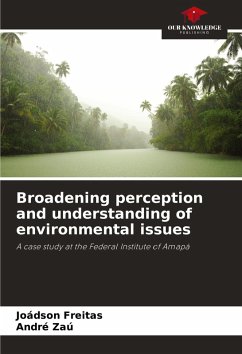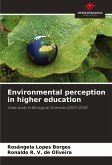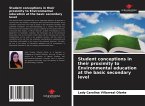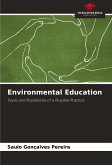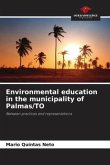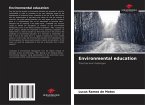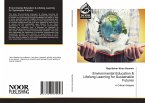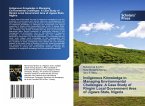The aim of this research was to evaluate the effectiveness of complementary didactic activities in the perception and cognition of environmental issues and to characterise the cognitive profile of technical high school students on the subject of the environment. Practical activities with environmental themes were carried out with students from the Federal Institute of Amapá, Laranjal do Jari campus. One of the two environmental classes was chosen, made up of similar numbers of students in different classes who had the same socio-economic profile. At the same time as the experimental teaching project, a general survey was carried out with 328 students from the campus. The qualitative analysis of the data showed unequivocal evidence of positive changes in terms of formal knowledge accumulated about the environment during the project's development period. The hypothesis that environmental education activities planned and included in the formal classroom routine lead to greater perception and understanding of environmental issues and problems that students experience in their locality was corroborated by both the quantitative analyses and the qualitative observations.
Bitte wählen Sie Ihr Anliegen aus.
Rechnungen
Retourenschein anfordern
Bestellstatus
Storno

